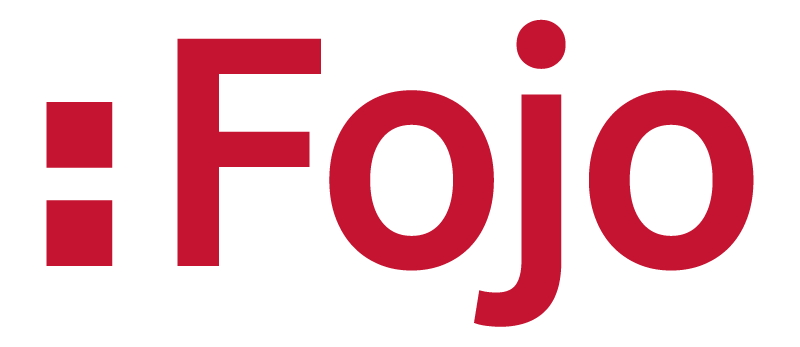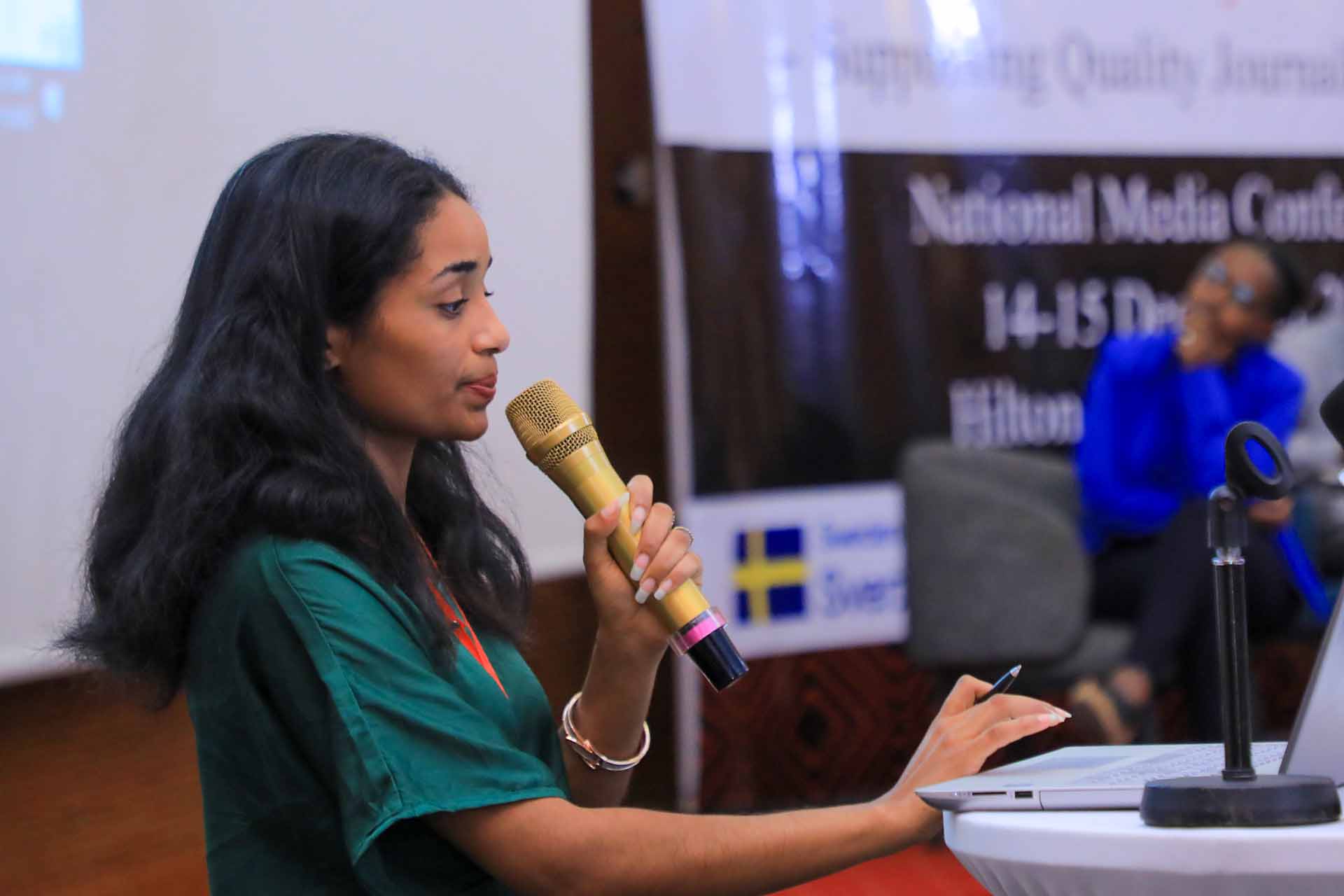Kidist Dejene was a student at Haramaya University when she was enrolled in a media literacy training provided by neighbouring Bahir Dar University. The training changed her views and gave her another perspective, teaching her to be skeptical, checking content before sharing it or taking it in. She found it so inspiring that she wanted to share the knowledge with her community.
“I used to be heavily influenced by social media and its portrayal of the political situation in our country. After receiving training in media literacy, I realised the importance of verifying information and being more critical in my thinking. Seeing the positive impact it had on me and my friends, after the training we received from Fojo, I felt inspired to share the knowledge with others,” says Kidist Dejene, 24, from Welaita Sodo, Ethiopia.
In fact, the positive impact the training had on herself and her peers inspired her to share what she learned with others. After the training she began offering trainings of her own in her home town Welaita Sodo and Hawassa city.
What was the focus of the training you participated in when you were a university student?
”It was all about media literacy. How we can critically think about the information that we took from our phones or from our social media. Is it fake or not? How can we become critical and mature consumers. They trained us in really crucial things, and that was life changing and wonderful.”
 What areas do your own trainings cover?
What areas do your own trainings cover?
”Because we are young, we are very easily influenced. During the trainings I give, I emphasise the need to think critically before taking action based on the information we receive via the internet and social media. I encourage participants to consider the source, question the accuracy of the information and to verify before sharing or acting upon it. Whatever it is, we must think twice before we take any action and before we inform others to do something.”
What feedback have you received from trainees?
”The feedback I received from participants has been overwhelmingly positive. Many expressed gratitude for the training and have promised to share the knowledge with their friends and families. This fills me with joy and satisfaction, knowing that I have made a positive impact on individuals and contributed to their development as critical thinkers.”
Who participated in the training you delivered so far?
”I have shared my experience with a lot of students at universities and different young people in Welaita Sodo, the town where I live. In addition to my work with students and young individuals, I have also provided training to people with disabilities. I believe it is important to include them and ensure that they have access to information and media literacy skills.”
What measures do you believe should be taken to address media literacy in Ethiopia in the future?
”Moving forward, I believe there should be greater focus on media literacy training in Ethiopia, including specific attention on youth and people with disabilities. Given the prevalence of smartphones and access to various sources of information, it is crucial for everyone to develop critical thinking skills. Incorporating media literacy training as a dedicated course in educational institutions and including it in the curriculum will help shape the future of our country and empower individuals to make informed decisions.”
Fojo Media Institute’s media programme in Ethiopia has actively trained university and high school students in media literacy, to build a more critical and constructive understanding of media content, consumption and sharing in both traditional and social media platforms. Around 1000 students, of which nearly 50% were female, participated in the media literacy trainings that have taken place across different cities in Ethiopia during the course of the programme.
Emphasising the relevance and necessity of the training, Sofie Gullberg, Program Manager in Ethiopia, said “Fojo’s support to media literacy initiatives, like the Media Literacy Project implemented by Bahir Dar University, focuses on high school and university students across Ethiopia. It is utterly important to build capacity for youth in Ethiopia to understand the nature of dis- and misinformation on the internet and that they can lead to conflict and suspicion. Understanding the nature of various news sources is crucial and it takes training to fact check and analyse where the information comes from – and what the purpose of it is. These interventions will hopefully lead to more responsible and critical media consumption.”



